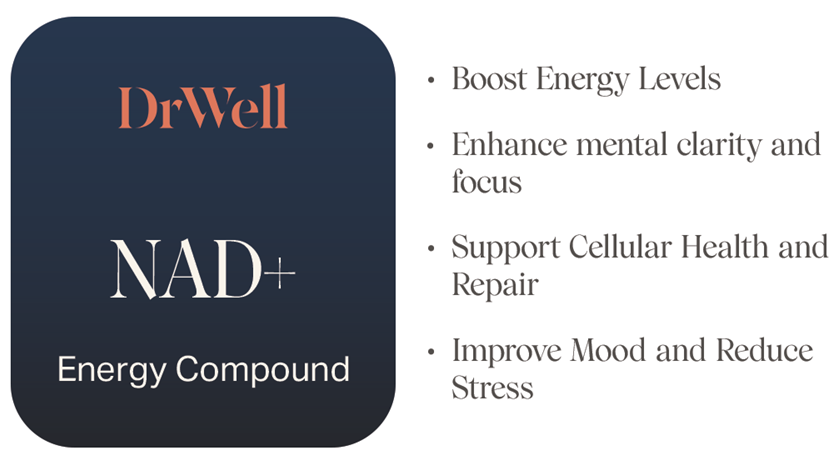A few months back I discussed the importance of finding a happy surgeon. I made the argument that a happy surgeon is much like a CEO in the operating room and to do their best job, they need to be surrounded by like-minded individuals to help everyone strive toward the same goal. I mentioned that a plastic surgeon with their own operating room (office based surgery) in their office, would be more comfortable with the nurses and assistants in the room and everyone would be on the same page. This was just my gestalt. Just a feeling or theory I had without any real proof…until now!

I’m currently reading the book, Give and Take written by Adam Grant, the youngest tenured professor at Wharton Business School. The book is excellent and touches on success in the work place by helping others through giving (not necessarily charity, but giving of your time to coworkers) and teamwork rather than an aggressive, take-no-prisoners approach.
In regards to teamwork, Grant points out that even though someone, like a surgeon, possesses a certain skill set, they can’t use it to the best of their ability unless they have a supporting cast. In other words, one would assume that if you possess a certain skill, it doesn’t matter where you are or where you go, you have that same portable skill and you should be able to use it effectively regardless of location. But Grant cites a 2006 study from the journal Management Science (I don’t subscribe but here’s a link to the abstract!) entitled “The Firm Specificity of Individual Performance: Evidence from Cardiac Surgery”,written by two Harvard Business School professors, Robert S. Huckman (rhuckman@hbs.edu) and Gary P. Pisano (gpisano@hbs.edu). To paraphrase, the study followed 203 cardiac surgeons over a two-year period to see if they got better the more procedures they did. They collected data on morbidity (complications) and mortality (death) associated with heart bypass surgery. What they found was that the surgeons didn’t get better with practice. Rather, they had better outcomes depending on the hospital or operating room they were using most frequently. In essence, even though they had the same skill set everywhere they went, it wasn’t utilized to its fullest with the best results unless they were in an operating room that they were most familiar with. Familiar with a particular anesthesiologist or set of nurses. The best outcomes were associated with the relationships that the surgeon developed with the team surrounding him/her.
And so it goes with plastic surgeons that have their own office based surgery suite. Plastic surgeons that have their own operating room, typically will have the same set of nurses and assistants for all of their procedures, thus breeding familiarity and in turn producing the best results. If you’re looking for a plastic surgeon that has their own operating room, visit the American Association for Accreditation of Ambulatory Surgery Facilities here and type in your location to find a AAAASF accredited operating room.
Does this help?



